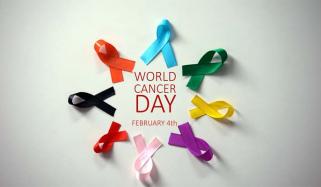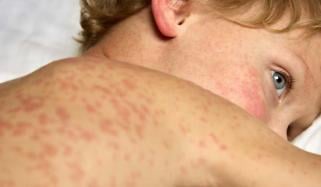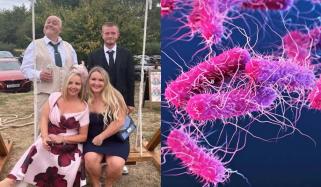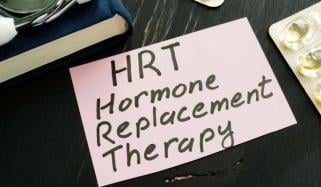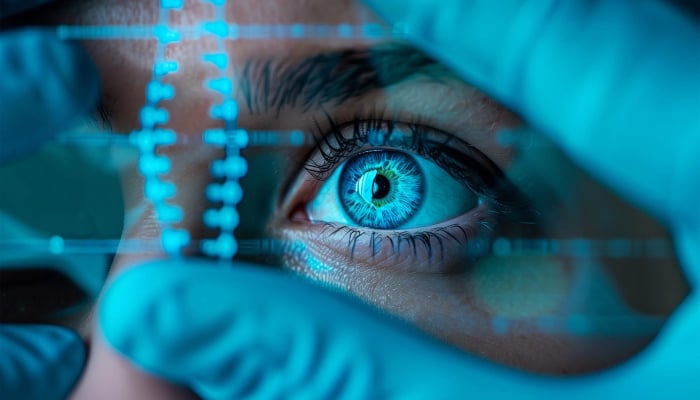
New genetic therapy has brought “life-changing improvements” in the vision of the infants born with one of the most severe forms of childhood blindness.
According to Kings College London, an experimental trial of genetic therapy done by the Moorfields Eye Hospital, London, and UCL Institute of Ophthalmology has helped four toddlers born blind to gain revolutionary changes in their sight.
Also Read: Discover 8 foods to keep your eyesight sharp
Before the therapy, the children who were legally registered blind were capable of only distinguishing between dark and light, but after the treatment, all of the children involved in the experiment noted improvements, while some of the young children started writing and drawing.
The experiment was supported by MeiraGTx, and researchers from the King’s Centre for Gene Therapy and Regenerative Medicine were involved in the breakthrough study.
Professor James Bainbridge, a consultant retinal surgeon at Moorfields Eye Hospital, said, “Sight impairment in young children has a devastating effect on their development. Treatment in infancy with this new genetic medicine can transform the lives of those most severely affected."
Professor Michel Michaelides added, “We have, for the first time, an effective treatment for the most severe form of childhood blindness and a potential paradigm shift to treatment at the earliest stages of the disease. The outcomes for these children are hugely impressive and show the power of gene therapy to change lives.”
The research published in The Lancet found that the gene therapy at an early age could bring dramatic improvement in the vision of the children with rare genetic deficiency that affects the 'AIPL1' gene.
Notably, it was not the first time when gene therapy has provided successful gene therapy for genetic blindness (RPE65 deficiency) has been available on the NHS since 2020.
Researchers believe that the new findings would give hope to the children who unfortunately are affected by both rare and more common forms of genetic blindness.
Also Read: Blind woman regains vision after groundbreaking AI surgery



